Author: Liangan AI
Japan's economy continues to boom, with the Nikkei index hitting record highs. While global capital is pouring into Japan and Chinese entrepreneurs are eager to venture into the country, this seemingly prosperous market is facing difficulties. How can the impasse be broken?
Yesterday, an event focused on "The Current State of AI and Robotics in Japan and RWA Empowering International Companies to Expand Globally" quickly garnered significant attention. Bai Qiang, a serial entrepreneur and investor based in the US, China, and Japan, found some free time on Monday and contacted Ren from Xinwei Technology. Also, since he's a Venture Partner at SAIF Creek Labs, he approached Chris from SAIF Creek Labs . The three parties hit it off immediately, with initial discussions on Monday, a swift recruitment announcement on Tuesday, and a fully staffed event by Thursday. This clearly demonstrates that Chinese companies and investors are both extremely interested in the Japanese market and desperately seeking solutions.
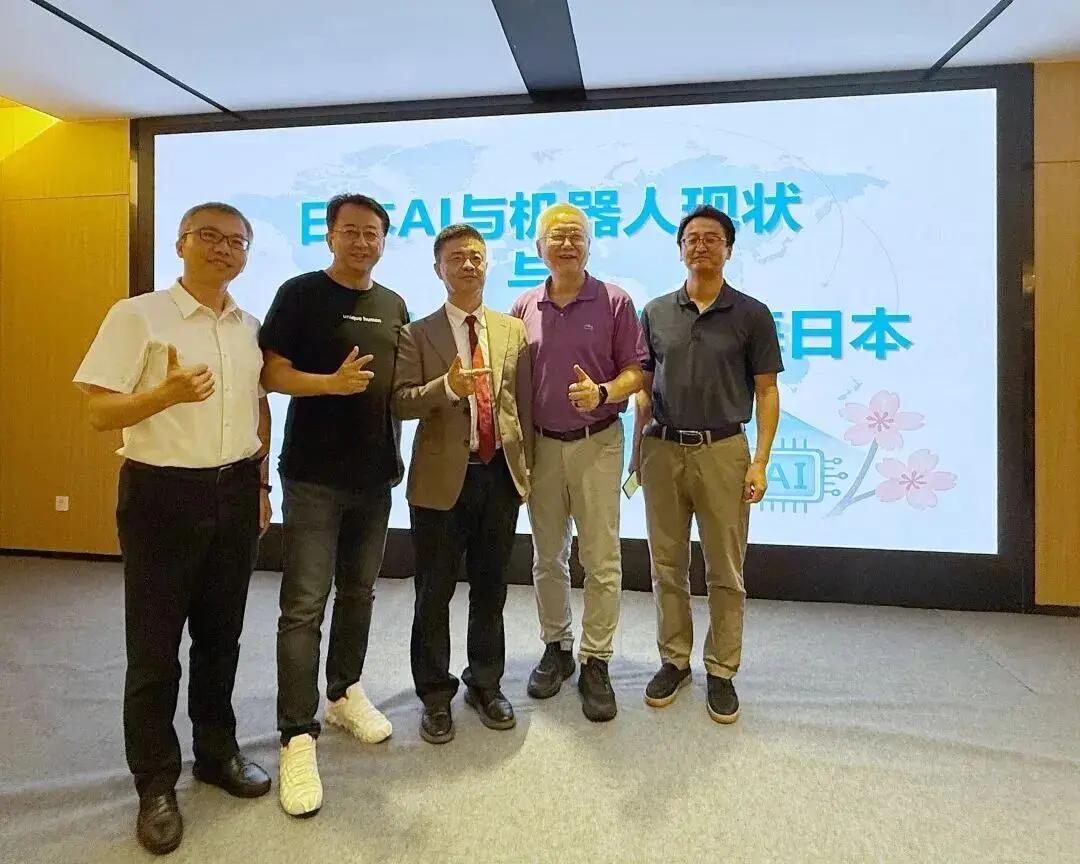
Japan has money, but it is difficult to break through
The Nikkei index hit record highs, and Japan's real estate market attracted ¥3 trillion in investment in the first half of the year. Real estate investment reached ¥3.19 trillion in the first half of 2025, a 22% year-on-year increase and a record high. Tokyo, with $16 billion in investment, firmly holds the top spot globally, surpassing New York and Dallas, becoming a darling of international capital. This surge is driven not only by domestic Japanese capital but also by a surge of overseas investment.
However, the bustle of capital contrasts sharply with the decline of technology.
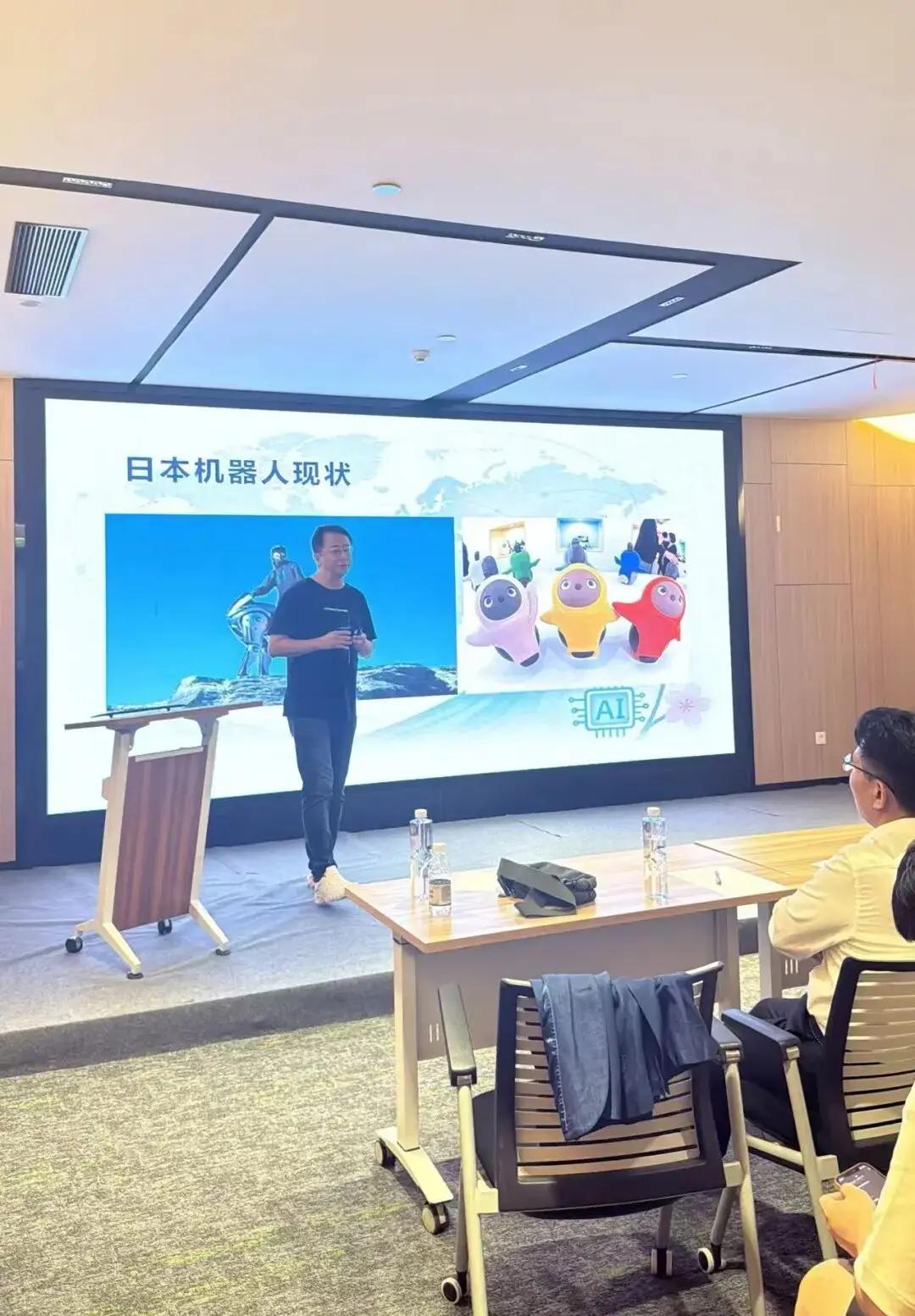
Japan is the "national version of Manchester United"
Japan's current situation is quite similar to Manchester United's. Despite declining performance and even facing relegation, their jerseys continue to sell like hotcakes, and their matches still attract huge crowds. While superficially prosperous and creating a positive impression, the core of the team has long since declined.
In reality, even Japan's official World Expo website frequently experiences errors, let alone supporting an emerging technology industry chain. Aside from advantages in a few areas like bearings and gears, Japan has fallen behind in most other areas of technology. Over four decades of prevalence of outsourcing have led to a decline in the overall quality of the technology industry, limiting the number of truly profitable sectors.
Therefore, Japan's entry into AI is nearly impossible on its own . The real driving force can only rely on immigrants, especially Chinese and Chinese companies. For various reasons, the Japanese government is trying to import 500,000 scientific and technological personnel from India, but Indians have many options and are reluctant to go to Japan.
At the same time, Japan AI also released a budget of up to 164.3 billion in 2026. This is a very helpless move by Japan: Japan is very panicked, from AI to web3 .
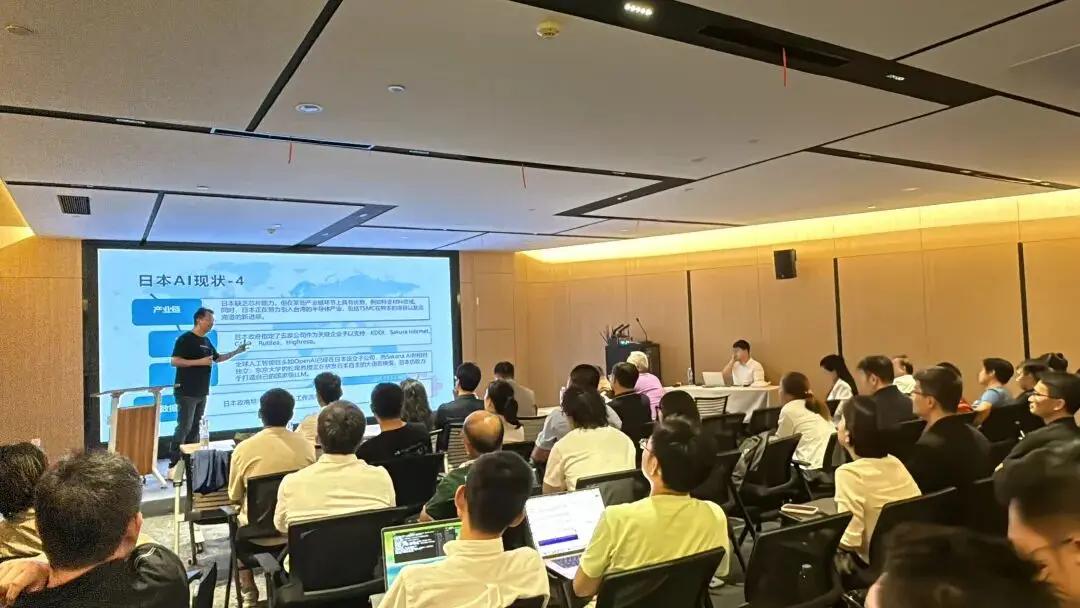
The Virtual and Real World of Japan's Web3
At the recent Japan Blockchain Week, CZ spoke for three consecutive days, and even the outgoing Prime Minister Shigeru Ishiba came to the stage in person.
But those who have lived in Japan for over 20 years warn: Don't be fooled by appearances; Japan's system is difficult to fundamentally change. This kind of excitement is more of an external "decoration" than a true breakthrough.
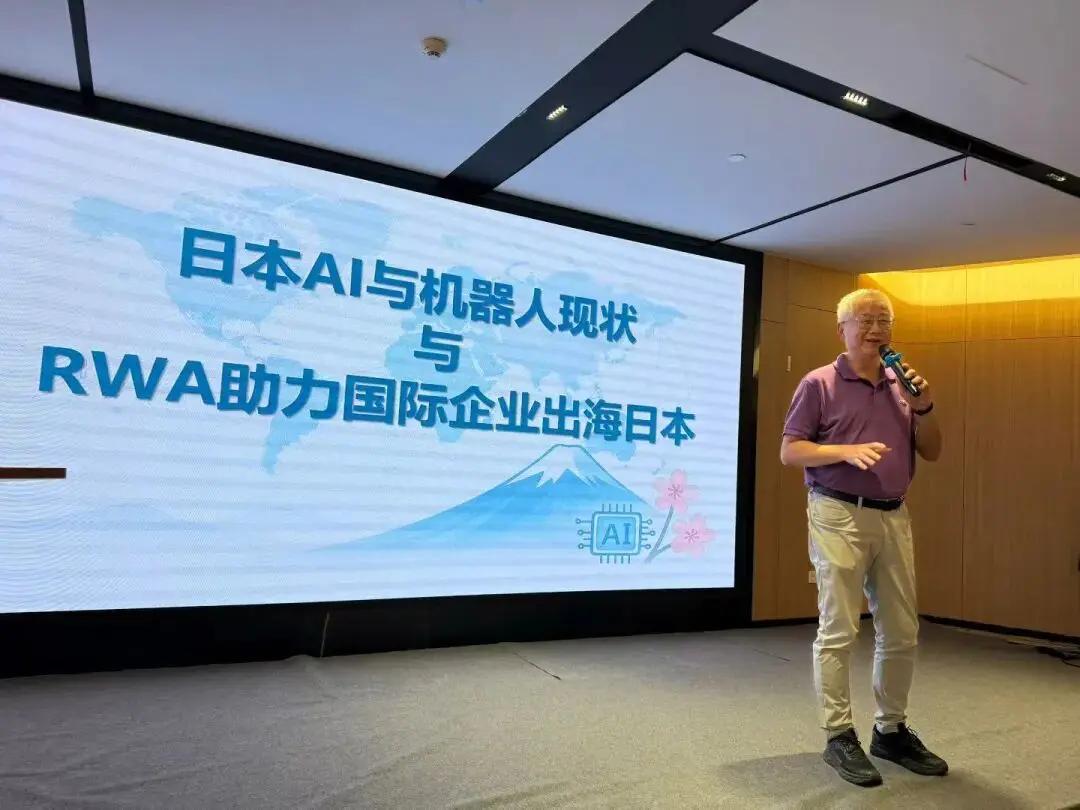
All reforms in Japanese history were caused by external shocks
Looking back at Japan's history, several major changes almost all resulted from external shocks:
The defeat at the Battle of Baekchon River made Japan realize the crisis of its system;
The arrival of the Black Ships gave rise to the Meiji Restoration;
After the defeat in World War II, MacArthur of the United States led the constitutional amendment.
Now the fourth transformation is coming: the AI technology revolution will once again change Japan, and the driving force will most likely be Chinese companies and technical talents.
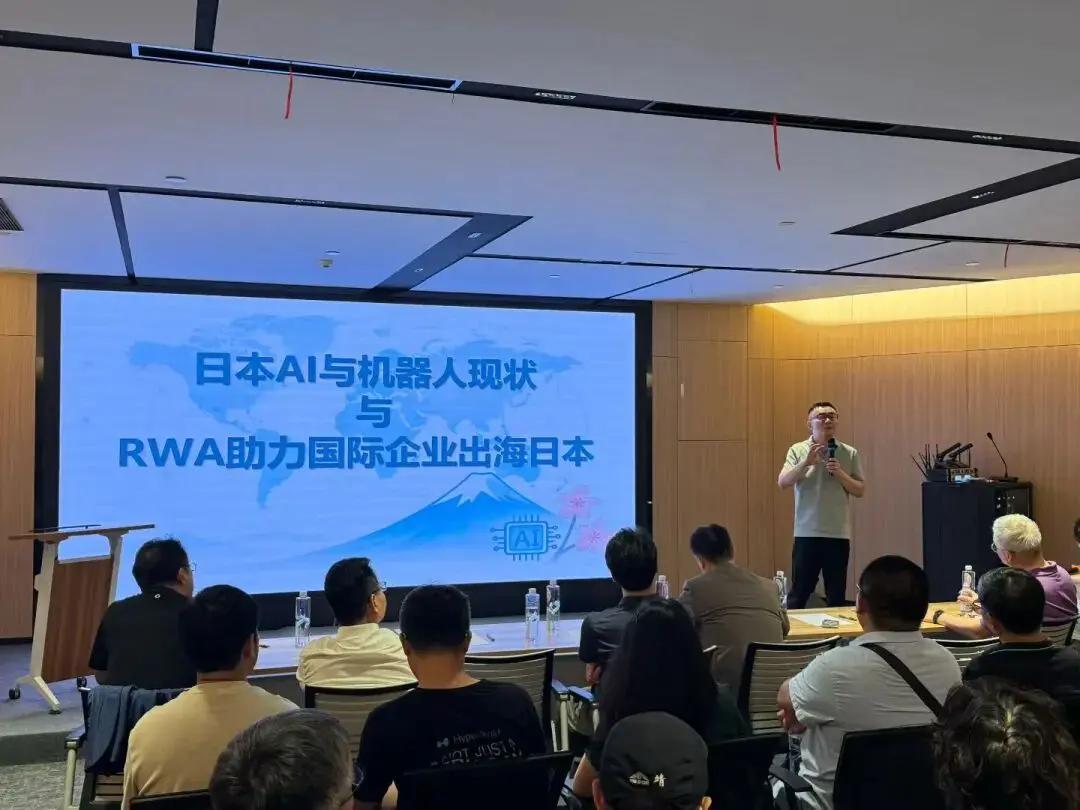
Startups' revenue struggles in Japan
But there is a problem: Japan is extremely slow, and startups cannot spend several years to adapt to the Japanese pace.
At the event, a former Nomura Securities executive expressed a different view, arguing that Japan still has advantages and only needs time to accumulate them. However, in the rapidly evolving field of AI, entrepreneurs simply don't have the luxury of waiting. Being held back is a waste of time.
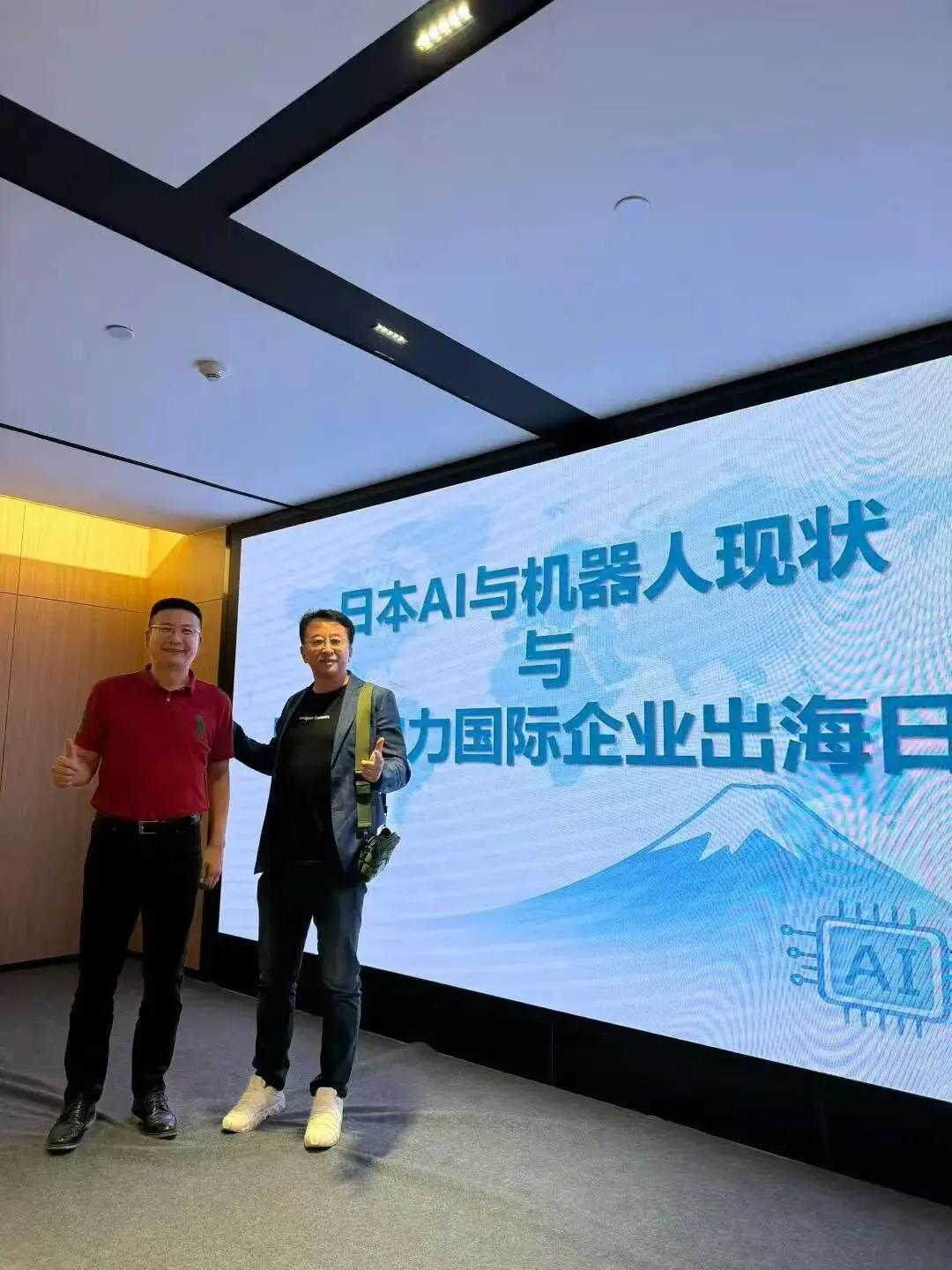
Breakthrough: TechTabi's AI+RWA Combination
Therefore, TechTabi launched the Nippon Gateway Chain . Japan calls itself "Nippon", and our chain is the smart channel leading to Japan.
It has two core advantages:
AI-driven one-stop chain : Combining AI agents with human experts, we help international companies establish themselves in Japan, providing a full chain of services from tax accountants, administration, real estate agencies, to HR recruitment and channel development.
RWA Financing Support : In the Japanese market, it's often difficult to generate revenue in the first three years. Through RWA valuation and issuance, we enable companies to secure early access to capital to overcome these challenges, at the cost of only a portion of future revenue.
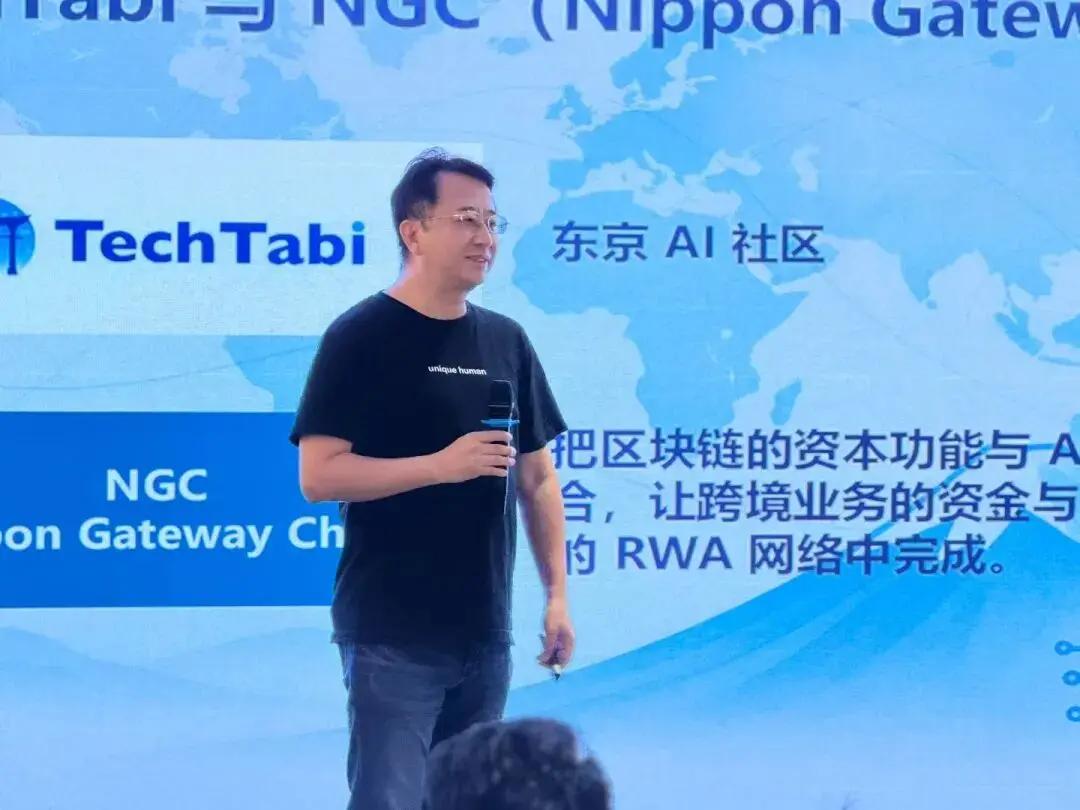
The future of the platform
BNB has surpassed $1,000, becoming a model for platform tokens. Similarly, RWA will give rise to the next generation of “Binance-level platforms.”
Therefore, the concept of Nippon Gateway Chain is to build a public chain and a platform: integrating service ecology and financial tools on the public chain, standardizing DApp modules + multiple nodes, each type of service corresponds to a standard DApp module, and specific services are provided by multiple suppliers in the form of "nodes";
Combining technical features such as EVM-compatible architecture, cross-chain interoperability, compliance modules and community governance, this public chain is not only a service platform, but also an infrastructure that provides a "highway" for international companies to land in Japan.
TechTabi is positioned as a community, and its core Nippon Gateway Chain, as an AI-driven public chain, is an inevitable product of the RWA era!
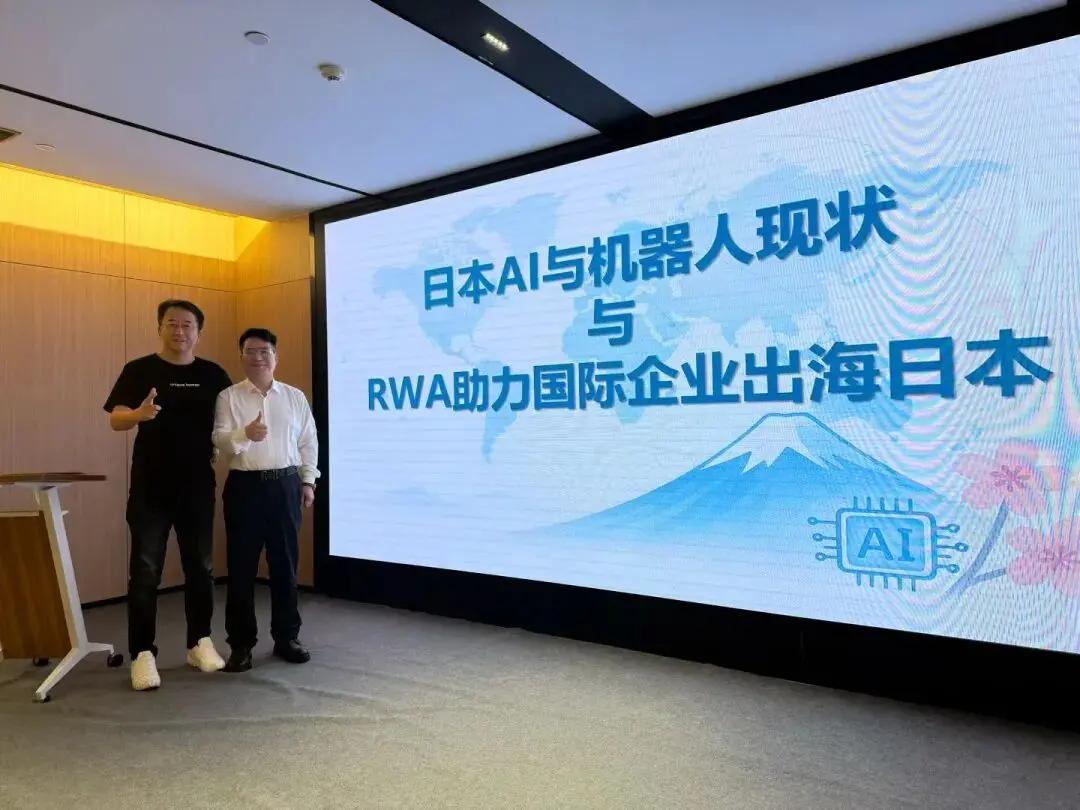
Conclusion
The Japanese market is lucrative but difficult to crack, and traditional approaches can't afford it. TechTabi's AI+RWA model is providing a "highway" for Chinese companies!
Click here to learn about ChainCatcher's current job openings
Recommended reading:
NAKA's stock price plummeted 54% in one day. Is the market getting tired of DAT?
Is Basechain launching a new token soon? 6 projects worth watching





